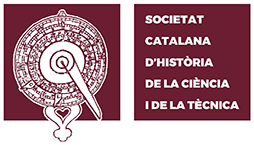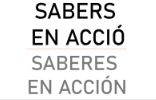Entrevista a Peter Bowler
“Making Modern Science: A Historical Survey”
Per Clara Florensa
E: Which is, in your opinion, the aim of a textbook in history of science? I mean, do you think is important to communicate the discipline?
P.B: Sure, I think it is important, because science is important in the world we are living and people need to understand how it came out and how it has gained the position it has to influence our lives. And I think that history of science is a very good way of trying to introduce people to the effect that science has had; especially history of modern science. It is a little more difficult to do it with ancient science. This is why there is no ancient science in the book. But I think it is important.
History of science has a role to play in (and this is the theme of many of the chapters: dispelling popular myths) challenging misunderstandings that people have about the effects of science. Or ideas such as that science and religion are always in conflict. I think that history of Science is a very good way of trying to undermine that sort of misconceptions.
History of science has something to offer to change minds in terms of how people think about science today. If you understand how it has developed and the effects it has had, you are in a better position to grasp the sort of issues that are being raised today. So I think it is important.
And it is important to try and get across the ordinary people not just students. There is a real problem here, in the sense that this book is not very good for the man in the street, because it has not a narrative structure. But people tend to write grand narrative history of sciences and in the end I do not think they are getting across to the reader either…The important part, at least, it is much more difficult to get across.
Per llegir l’entrevista sencera clica aquí.


